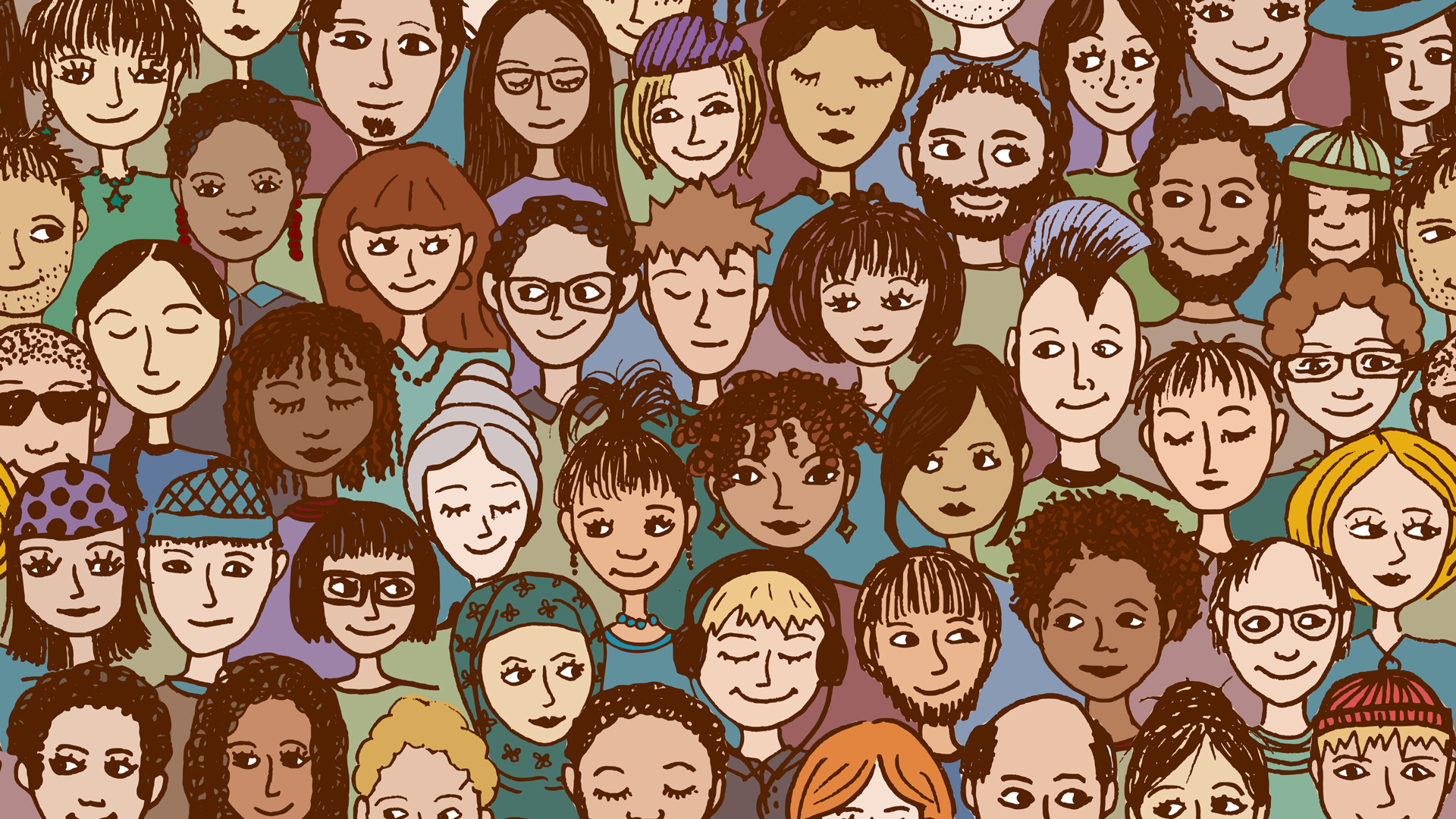With a swelling conversation around raising awareness of and de-stigmatising mental health – especially for young adults – it’s more important than ever to publish the hard facts on just how many people are living with mental health issues.
This week, a study led by researchers at the University of Glasgow found that one in nine young people in Scotland have attempted suicide, with a further 16 percent of young people aged between 18 and 34 having self-harmed at some stage in their lives.
In the first-of-its-kind study, published on open access journal BJPsych Open, 3,508 people across Scotland aged 18-34 were surveyed on the prevalence of self-harm and suicidal attempts.
Women were 1.6 times more likely to report a suicide attempt, the study found, and engaged in self-harm and attempted suicide on average two years younger age than men.
It also drew links between early onset and frequency of self-harming and attempts at suicide.
Prof Rory O’Connor, director of the Suicidal Behaviour Research Laboratory at the University’s Institute of Health and Wellbeing said the figures were “stark”.





